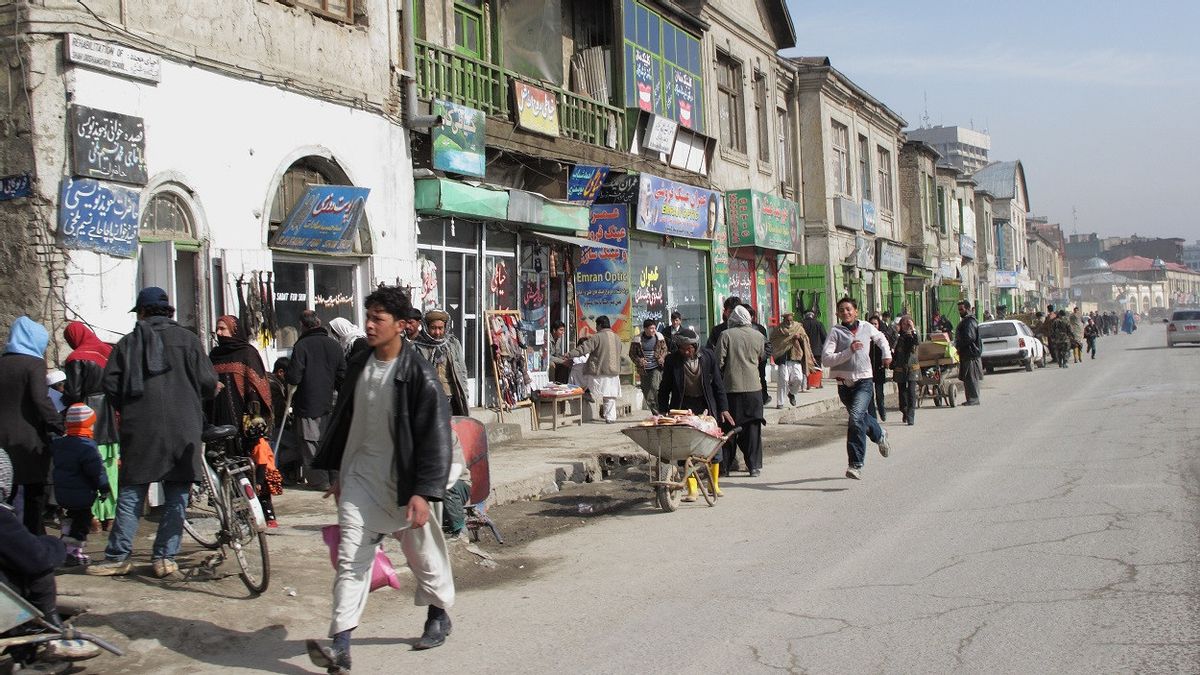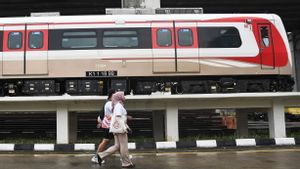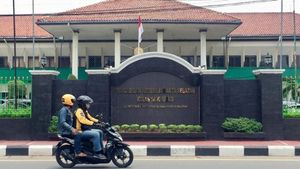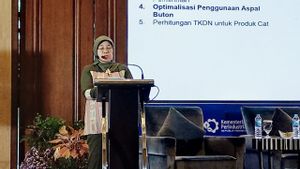JAKARTA - The United Nations (UN) on Monday pushed for urgent action to shore up Afghan banks, warning a surge in people unable to repay loans, lower deposits and a cash liquidity crunch could cause the financial system to collapse within months.
In a three-page report on Afghanistan's banking and financial system seen by Reuters, the United Nations Development Program (UNDP) said the economic costs of a banking system collapse and the negative social impact it would have, "would be enormous."
The sudden withdrawal of most foreign development support after the Taliban seized power on August 15 from Afghanistan's Western-backed government has sent the economy into free fall, placing heavy pressure on the banking system which sets weekly withdrawal limits to stop deposits flowing.
"Afghanistan's financial and banking payment system is in disarray. The bank-run issue must be resolved quickly to increase Afghanistan's limited production capacity and prevent the banking system from collapsing," the UNDP report said, citing Reuters on November 23.
However, finding ways to prevent a collapse is complicated by international and unilateral sanctions against Taliban leaders.
"We need to find a way to make sure if we support the banking sector, we don't support the Taliban," Abdallah al Dardari, UNDP head in Afghanistan, told Reuters.
"We are in a dire situation, so we need to think about all possible options and we have to think outside the box. What was unthinkable three months ago becomes thinkable now."
Afghanistan's banking system was fragile before the Taliban came to power. But, since development aid has dried up, billions of dollars in Afghan assets have been frozen abroad. The United Nations and aid groups are now struggling to get enough money into the country.
Meanwhile, the United States is working with the United Nations, UNDP, and other international agencies and countries "to find ways to offer liquidity, to invest, to ensure that the Afghan people can take advantage of international support in a way that doesn't flow into the country." the Taliban's coffers," State Department spokesman Ned Price said.
UNDP's proposals to save the banking system include a deposit guarantee scheme, measures to ensure adequate liquidity for short and medium-term needs, as well as credit guarantee options and loan repayment delays.
"Coordination with International Financial Institutions, with their extensive experience of the Afghan financial system, will be critical to this process," UNDP said in its report, referring to the World Bank and International Monetary Fund (IMF).
The United Nations has repeatedly warned that since the Taliban took over, the Afghan economy is on the verge of collapse that is likely to further fuel the refugee crisis. UNDP says that if the banking system fails, it will take decades to rebuild.
The UNDP report said, with current trends and withdrawal restrictions, about 40 percent of Afghanistan's deposit base will be lost by the end of the year. It said banks had stopped providing new credit, and bad debts nearly doubled to 57 percent in September from late 2020.
"If this number of non-performing loans continues, banks may not have a chance to survive in the next six months. And I am optimistic," explained al Dardari.
SEE ALSO:
Liquidity is also a problem. Afghan banks rely heavily on physical remittances of US dollars, which have stopped. When talking about the local Afghan currency, al Dardari said although there are about 4 billion Afghan dollars in the economy, only about 500 million dollars are in circulation.
"The rest is stored under the mattress or under the pillow because people are afraid," he said.
As the United Nations seeks to prevent famine in Afghanistan, al Dardari also warns about the consequences of the collapse of banking to finance trade.
"Afghanistan last year imported around 7 billion US dollars worth of goods and products and services, mostly food stuff. If there is no trade finance, the disruption is huge. Without the banking system, none of this could happen," he concluded.
The English, Chinese, Japanese, Arabic, and French versions are automatically generated by the AI. So there may still be inaccuracies in translating, please always see Indonesian as our main language. (system supported by DigitalSiber.id)


















